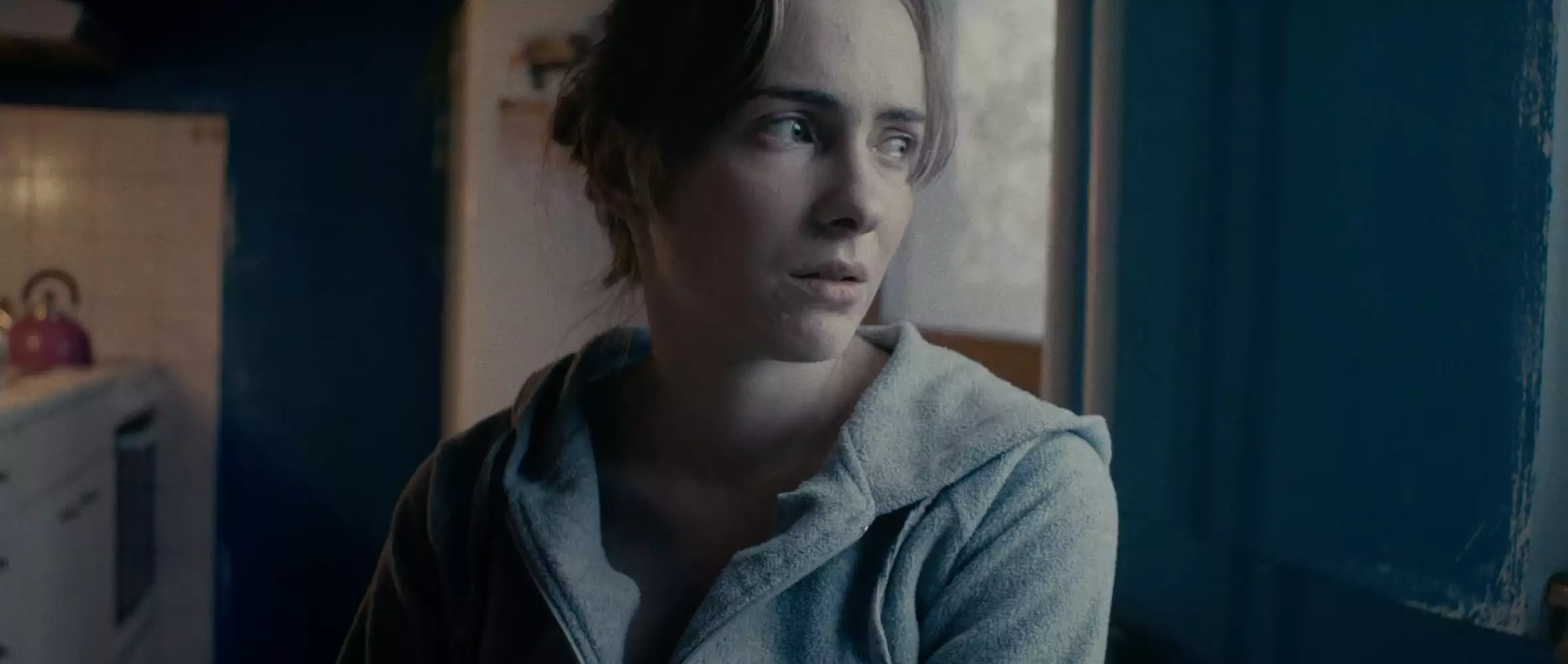
04 May 2019
One Hundred and Twenty-eight Thousand
One Hundred and Twenty-eight Thousand

Young director Ondřej Erban, a student at FAMU in Prague, comes to Cannes Cinéfondation with One Hundred and Twenty-eight Thousand, a short fictional film about debt and its impact on people’s everyday lives. Earlier this year, the film won the Magnesia Award for Best Student Film.
Article by Markéta Šantrochová for Czech Film Magazine / Summer 2019
Right now almost one in ten Czechs over the age of 15 faces the prospect of having property seized due to their failure to pay a debt. Every day, more and more people are falling into the debt trap, but Karel stands on the opposite side of the dilemma: His job is collecting debts.
Erban says his initial inspiration for the film was Andrea Culkova’s documentary Don´t Take My Life, which opens with her rolling the camera as two officers show up at her door, force their way in, and proceed to rifle through her belongings. Erban says he was struck, even just watching the film, by the deep feeling of powerlessness a person undergoes when all they can do is stand and watch as someone walks away with their valued possessions.
“I wanted to give the audience as authentic an experience as possible of what it’s like to have your property seized,” the young director says.
“I wanted to give them a feeling that would stay with them even after the film was over, so maybe they would have a little bit more empathy for the people who get caught in debt trap.”
Erban says One Hundred and Twenty-eight Thousand “was a huge challenge for me as a director, mainly because, unlike my previous efforts, it’s based a lot on the acting, and I’ve always considered working with actors to be my biggest weakness. I tried to make it easier on myself by choosing good actors, and I think it worked. Ctirad Gotz, Elizaveta Maximova, and Jirka Konvalinka are all amazing, at least as far as I’m concerned.” One Hundred and Twenty-eight Thousand was jointly produced by FAMU and the Filmtalent Zlin Foundation.
Czech films have a rich tradition of participation in the Cinefondation section at Cannes, the most recent example being Atlantis, 2003, by director Michal Blaško, whose latest feature-length project, Victim, appears this year in the Cinefondation’s Atelier.
Other Czech films presented in the Cinefondation section in recent years are the drama Retriever (dir. Tomaš Klein and Tomaš Merta, 2015), the fantasy comedy Ham Story (dir. Eliška Chytkova, 2013), the environmentally engaged Pandas (dir. Matuš Vizar, 2013), the drama Tambylles (dir. Michal Hogenauer, 2012), the tragicomedy Cagey Tigers (dir. Aramisova, 2011), and the psychological drama Baba (dir. Zuzana Špidlova), which won the Cinefondation main prize in 2009.




